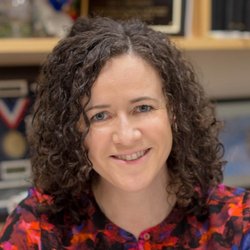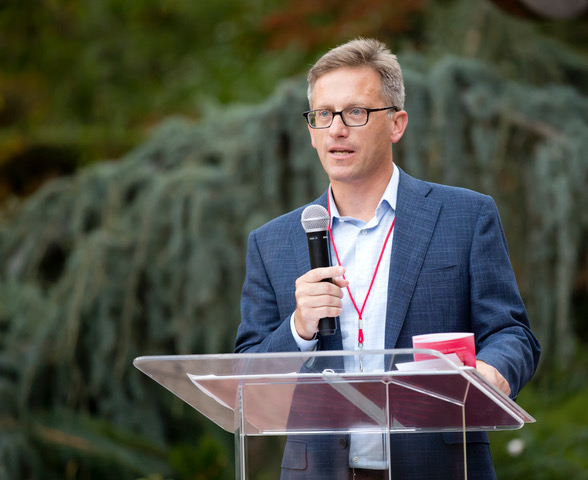PSB 2022 Keynotes

- Professor at the Lewis-Sigler Institute for Integrative Genomics and the Department of Computer Science
- Princeton University
- Deputy director of Genomics at the Center for Computational Biology at the Flatiron Institute
- Simons Foundation
A key challenge in medicine and biology is to develop a complete understanding of the genomic architecture of disease. Yet the increasingly wide availability of 'omics' and clinical data, including whole genome sequencing, has far outpaced our ability to analyze these datasets in the genomic and organismal context. Challenges include interpreting the 98% of the genome that is noncoding to identify variants that are functional and may lead to disease, detangling genomic signals regulating tissue-specific gene expression, mapping the resulting genetic circuits and networks in disease-relevant tissues and cell types, and, finally, integrating the vast body of biological knowledge from model organisms with clinical observations in humans. I will discuss methods, including deep learning approaches, that address these challenges, and highlight their applications to the study of human diseases, including Autism Spectrum Disorder, Alzheimer's Disease, and cancer.
Olga Troyanskaya is a professor at the Lewis-Sigler Institute for Integrative Genomics and the Department of Computer Science at Princeton University, where she has been on the faculty since 2003. In 2014 she became the deputy director of Genomics at the Center for Computational Biology at the Flatiron Institute, a part of the Simons Foundation in NYC. She holds a Ph.D. in Biomedical Informatics from Stanford University, has been honored as one of the top young technology innovators by the MIT Technology Review, and is a recipient of the Sloan Research Fellowship, the National Science Foundation CAREER award, the Overton award from the International Society for Computational Biology, and the Ira Herskowitz award from the Genetic Society of America.

- Professor of Political Science
- Director of the Center for Ethics in Society
- Co-Director of the Center on Philanthropy and Civil Society
- Associate Director of the Institute for Human-Centered AI
- Stanford University
The revolutions in biotechnology (CRISPR and genetic editing) and information technology (artificial intelligence) call into question nothing less than what it means to be human and the place of humans in the natural world. Rapid acceleration on the technological frontier makes it less likely that democratic regulation will be up to the task of installing sensible guardrails so that these revolutions support rather than subvert human interests and democratic stability. As a result, we must look to professional norms within bioengineering and computer science to help steer us. Are these up to the task?
Professor of Political Science, director of the Center for Ethics in Society, co-director of the Center on Philanthropy and Civil Society, and associate director of the Institute for Human-Centered AI. He is the author of System Error: Where Big Tech Went Wrong and How We Can Reboot (with Mehran Sahami and Jeremy M. Weinstein) and Just Giving: Why Philanthropy is Failing Democracy and How It Can Do Better (2018); Digital Technology and Democratic Theory (edited with Lucy Bernholz and Helene Landemore, 2021). His teaching and writing these days focuses on ethics, policy, and technology.
More details at his personal webpage: https://robreich.stanford.edu
Twitter: @robreich
